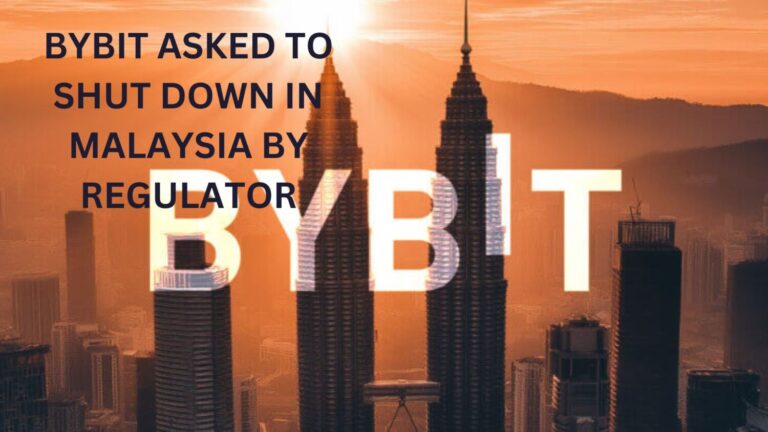Key Takeaways
- The ban would last approximately six months or until the National Electricity Administration (ANDE) ensures sufficient energy supply for crypto miners without impacting other users of Paraguay’s electrical system.
- The proposed legislation aims to ban the creation, storage, and trading of virtual assets, including crypto, and the setup of crypto mining farms in Paraguay
Paraguay lawmakers have proposed a bill to temporarily ban crypto mining and related activities in the South American nation, citing concerns over illegal mining operations draining power and causing disruptions to the electricity supply. The bill, introduced by a group of Paraguayan senators, aims to address the strain on the country’s power grid, particularly in regions like Alto Paraná, where crypto mining activities have surged since 2022.
The surge in crypto mining activities since 2022 has led to increased scrutiny and action regarding the crypto industry in Paraguay. In recent years, Paraguay has emerged as an attractive destination for cryptocurrency mining operations due to its abundant and relatively cheap hydroelectric energy. However, the surge in crypto mining activities has raised concerns about energy consumption and its impact on the country’s power grid.
The proposed legislation seeks to prohibit the creation, storage, and trading of virtual assets, including cryptocurrencies, as well as the installation of crypto mining farms within Paraguayan territory. It recommends a ban lasting more than five months or until the country’s National Electric Administration (ANDE) delivers an appropriate regulatory framework to support the energy-intensive needs of the crypto mining sector without risking the needs of other industries and the Paraguayan public.
Under the bill, violators may face sanctions under regulations governing Paraguay’s central bank and its national financial system, along with other applicable administrative penalties. However, concerns have been raised about the bill’s broad language, particularly regarding the definition of “storing” cryptocurrencies and its potential impact on innovation in the crypto sector.
The proposed legislation follows recent actions by Paraguayan authorities to crackdown on illegal crypto mining operations. In March, government officials seized over 1,000 cryptocurrency processing machines at a large crypto mining establishment in the town of Quiindy.
Since 2022, Paraguay has faced challenges with illegal cryptocurrency mining operations that have exploited its low power tariffs. ANDE raised alarms over these operations, which siphoned energy from the grid without payment, resulting in estimated monthly losses of $400k










